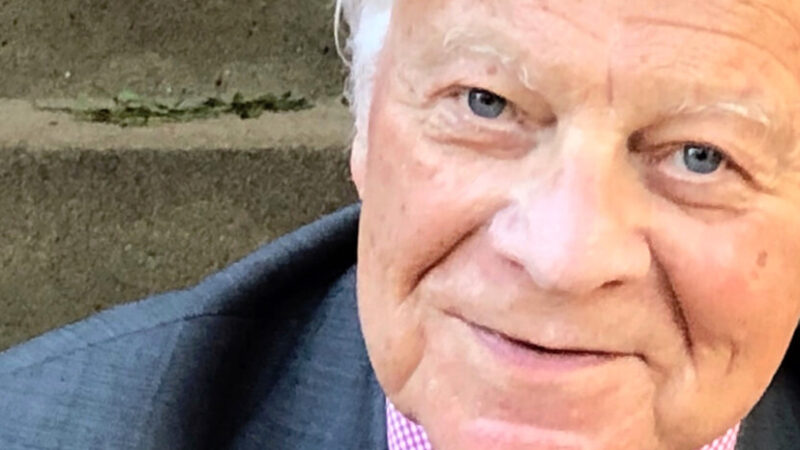James Hollis is a licensed Jungian analyst and the author of many books on personal development and the search for meaning. His works include What Matters Most, Why Good People Do Bad Things, and Through the Dark Wood. With Sounds True, he has published Living an Examined Life: Wisdom for the Second Half of the Journey. In this episode of Insights at the Edge, Tami Simon speaks with James about what it means to “grow up” in a contemporary society that infantilizes its citizens. They talk about how to recognize the summons of our deep psyche and the steps we must take in order to answer it. James explains that the greatest obstacles to attaining spiritual maturity are fear and lethargy, and describes the inevitable periods of darkness that we will encounter along the way. Finally, James and Tami discuss why it’s important to our development that we choose meaning over happiness. (67 minutes)











